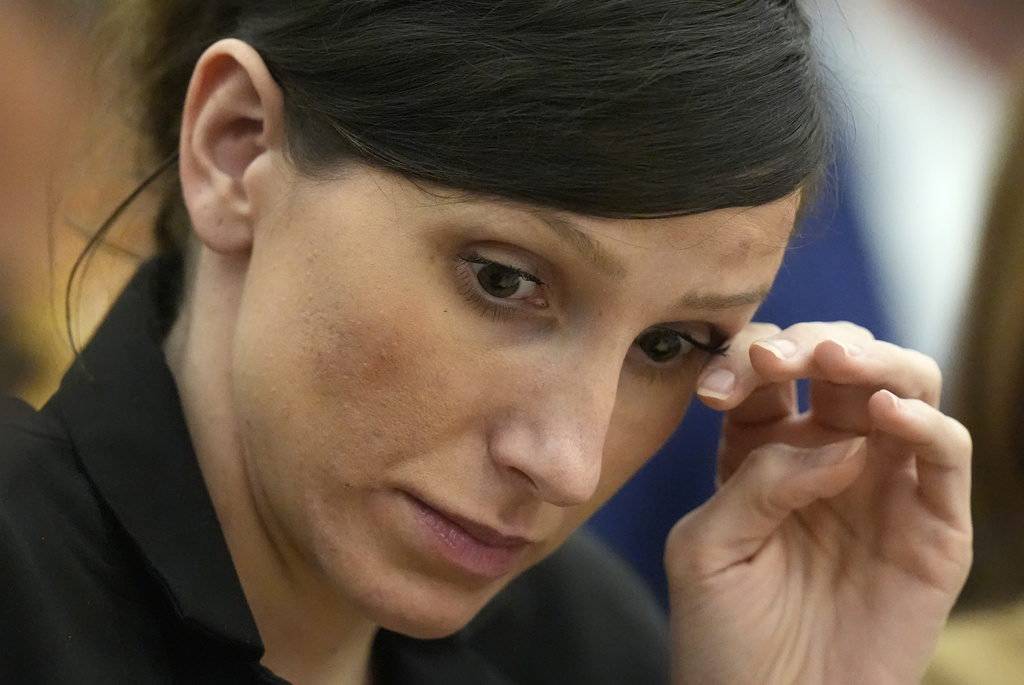If you once despised broccoli and now crave it, fear not — the broccoli gods did not put a spell on you. Your tastes can evolve over time. To understand why, we need to know what’s happening on our tongue.
Your tongue is filled with taste buds — as many as 10,000 when you’re born. But those aren’t the little dots you can see.
Richard Doty oversees the smell and taste center at the University of Pennsylvania, and says our taste buds fade over time.
"Those are the bumps called papillae, which if you were to magnify it up, you'd find little, tiny holes on those. Some of those papillae and those are the taste entrance into the taste buds," Doty said. "There's a gradual decline in taste buds as we get older. And usually that's accelerated after the age of 65 or so."
That’s part of the reason our tastes change as we age. But the bigger factor may have to do with a different sense.
Dr. Alan Hirsch is with the Smell and Taste Treatment and Research Foundation in Chicago.
"About 90% of what we call taste is really smell. So, if you hold the nose, the chocolate, it tastes just like chalk," Hirsch said.
He says our tastes change as our sense of smell does.
"As you get older, your sense of smell drops down substantially. About half of those over the age of 65 and three quarters of those over the age of 80 have a reduced ability to smell," Hirsch said.
That’s why according to doctor Hirsch, some older people compensate by adding lots of salt or hot sauce to their food.
Our brains can also play a role in our evolving tastes.
"A lot of things that dictate our preferences for food or psychological. So, if we think, as we get older, broccoli is better for us, we're more likely to accept it," Doty said.
So if your taste buds are still intact and if your sense of smell is still sharp, you can always try expanding your palate.

Chick-fil-A is testing a plant-based sandwich made with cauliflower
The chain says the plant-based alternative tastes just like its original chicken sandwich.











